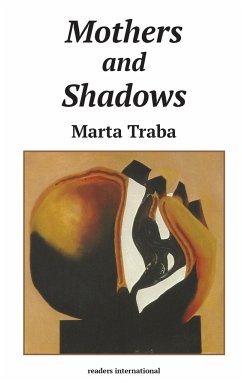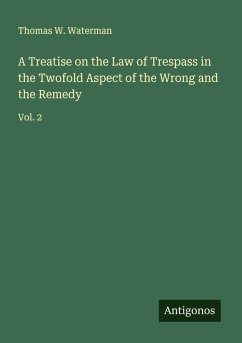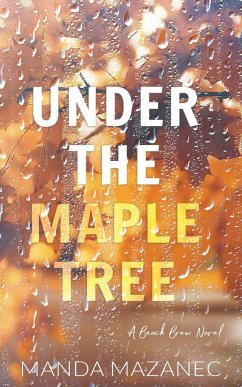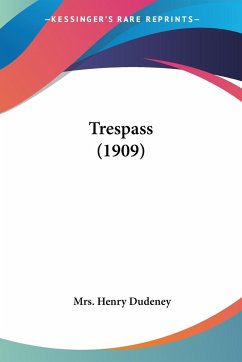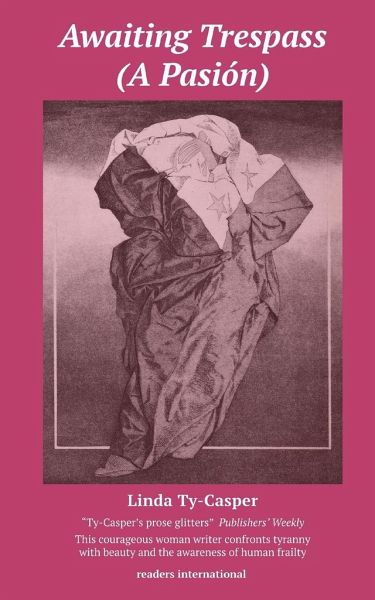
Awaiting Trespass
(A Pasión)

PAYBACK Punkte
10 °P sammeln!
A three-day wake in Manila mourning the aged playboy Don Severino Gil is the setting for social satire and personal awakening. Unusually, his coffin is closed. Why?Among the powerful Gil family of doctors, lawyers, socialites, priests, businessmen as well as the rare student dissident speculation grows rife, but soon moves on to the topic of the Pope's planned visit to the Philippines. Religion, death, and the harsh realities of martial law crowd around them.Among the mourners are two isolated people struggling to find themselves: Don Severino's favourite niece Telly, a 49-year-old divorcée w...
A three-day wake in Manila mourning the aged playboy Don Severino Gil is the setting for social satire and personal awakening. Unusually, his coffin is closed. Why?Among the powerful Gil family of doctors, lawyers, socialites, priests, businessmen as well as the rare student dissident speculation grows rife, but soon moves on to the topic of the Pope's planned visit to the Philippines. Religion, death, and the harsh realities of martial law crowd around them.Among the mourners are two isolated people struggling to find themselves: Don Severino's favourite niece Telly, a 49-year-old divorcée with a penchant for poetry and a tendency to suicide, and Sevi, the dead man's son, a middle-aged priest who works in the slums but doubts his vocation.If the coffin is opened, who will have the courage to look inside?





